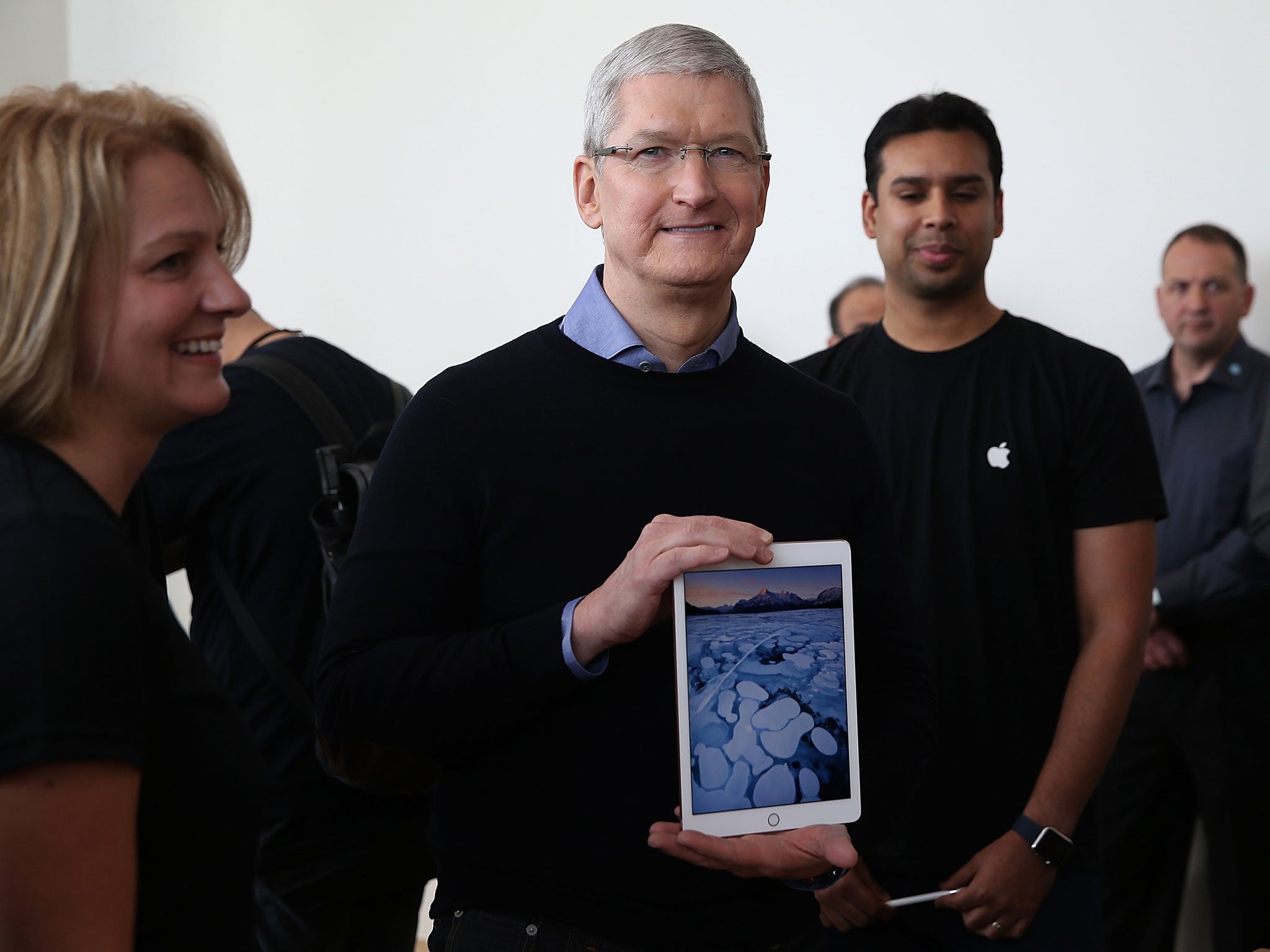Apple assumes you replace your iPhone every three years
With the cheapest iPhone currently at £359, users are calculated to spend more than £1,000 over a decade

Your support helps us to tell the story
From reproductive rights to climate change to Big Tech, The Independent is on the ground when the story is developing. Whether it's investigating the financials of Elon Musk's pro-Trump PAC or producing our latest documentary, 'The A Word', which shines a light on the American women fighting for reproductive rights, we know how important it is to parse out the facts from the messaging.
At such a critical moment in US history, we need reporters on the ground. Your donation allows us to keep sending journalists to speak to both sides of the story.
The Independent is trusted by Americans across the entire political spectrum. And unlike many other quality news outlets, we choose not to lock Americans out of our reporting and analysis with paywalls. We believe quality journalism should be available to everyone, paid for by those who can afford it.
Your support makes all the difference.Apple assumes users replace their iPhones, iPads and Apple Watches every three years, stretching to four years for its Mac laptops and Apple TV, the company has said on its website.
The revelation comes in a Q&A-style statement by Apple describing how it calculates the greenhouse gas emissions of its products.
“Years of use, which are based on first owners, are assumed to be four years for OS X and tvOS devices and three years for iOS and watchOS devices”, the website states.
Apple has long been charged with a policy of "planned obsolescence", whereby old devices become redundant as new apps and software updates are only supported by newer models.
The disclosure of its own "years of use" calculation is likely to stoke similar charges, though Apple has never commented on such claims.
At least 30 per cent of active iPhones were bought less than 18 months ago, according to research by US analytics firm Localytics. It claims 30 per cent of active iPhones are the iPhone 6 model, which was first released in September 2015.
The cheapest iPhone currently available on Apple’s online store is £359, meaning they expect users to spend more than £1000 on their mobile phone over a decade.
The new document has been published online as Apple kicks off a week-long campaign for environment conservation, Apps for Earth. Until 24 April, all proceeds from the sale of 27 apps in its store will go to the World Wildlife Fund (WWF).
Apple has been contacted for comment.
Join our commenting forum
Join thought-provoking conversations, follow other Independent readers and see their replies
Comments